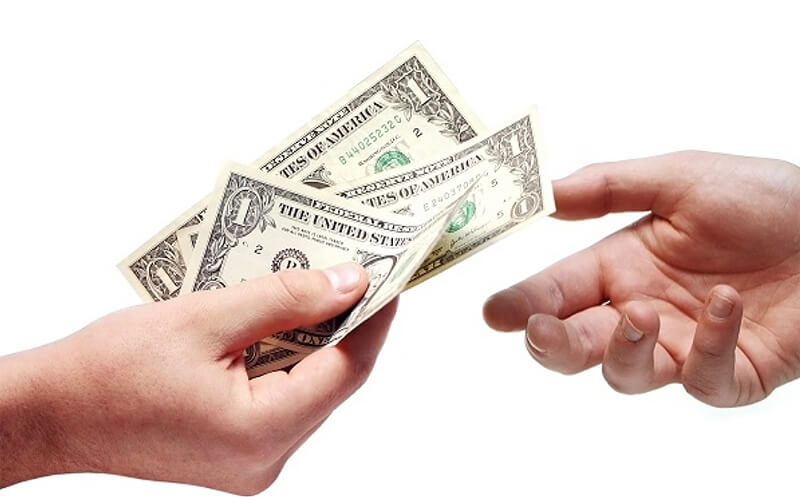
Once wages or a bank account is garnished, an ensuing Chapter 13 bankruptcy filing will typically stop the garnishment. Having wages reduced by a garnishment often causes financial stress and hardship since it reduces disposable income.
Filing a bankruptcy case invokes the unique protection of the automatic stay, which is an automatic injunction that stops and prevents further collection activity by creditors of the debts owed by a bankruptcy debtor. Of course, like most legal doctrines, the automatic stay is subject to exception, but typically, “a petition filed . . . operates as a stay, applicable to all entities.”
This injunction takes immediate effect at the precise moment a debtor files a bankruptcy petition and a case number is assigned. Once a bankruptcy has been filed and notice of the case filing has been given to an employer or financial institution such as a bank, the garnishment should cease unless some exception applies.
An experienced bankruptcy attorney may handle all of the typical issues and problems encountered with the garnishment of wages. Notice of the bankruptcy should be given to the payroll department of the garnishee’s place of employment. Any levying officer related to the garnishment should be given notice of the bankruptcy as well. A qualified bankruptcy attorney may provide helpful and necessary assistance with ensuring that all appropriate parties receive a notice to stop any garnishment.
If certain conditions are met, garnished wages garnished prior to the filing of the bankruptcy case may be recovered. To recover garnished monies, they must have been garnished within the 90-day period prior to a bankruptcy filing and total $600 or more.
To schedule a free consultation at any of our three conveniently located offices, contact Loan Lawyers today by calling 954-523-HELP (4357).
- About the Author
- Latest Posts


























